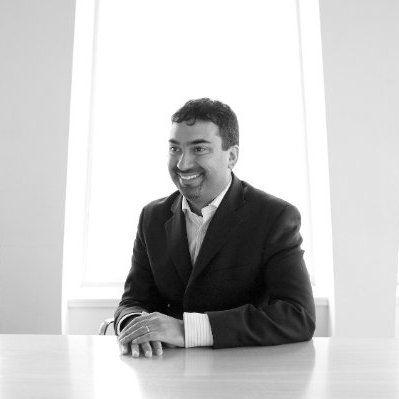Bakery owners who refused to make the ‘gay cake’ are now seeking a ruling on whether they can appeal to the Supreme Court, after losing their case and an appeal. If the Supreme Court is not an option, the bakery owners are considering taking their case to the European courts.
Here, Christopher Braganza, a partner in the employment group at Sheridans, considers the case and its potentially far-reaching consequences.
It is perhaps peak Britishness when cake is the source of headlines. But recently, it wasn’t the future of The Great British Bake Off that was occupying the media; it was a simple order placed on a spring morning two and a half years ago at Belfast bakery, Ashers.

The bakery advertised a service to decorate a cake with any design. Gareth Lee wanted a cake for an event promoting the cause of equal marriage (a hot political topic in Northern Ireland, which has not – unlike the rest of the UK – enacted such legislation). Mr Lee asked if his cake could have a picture of the popular Sesame Street characters, Bert and Ernie, and the slogan “Support Gay Marriage”. After some deliberation, the bakery (apparently politely) refused. They explained that, as a “Christian business”, they were unable to fulfil Mr Lee’s order. They were opposed to a change in the law in Northern Ireland that says marriage is between a man and a woman. They gave Mr Lee a refund and he was able to secure a cake from another bakery in time for his event.
So let’s run the facts of the case
Mr Lee was (understandably) offended. Mr Lee considered, correctly, that if you provide goods and services to the public, you must do so without discrimination on the various prohibited grounds we’re all familiar with from the HR context. These grounds of course include sexual orientation.
Mr Lee therefore sued the bakery. Ashers claimed there was no discrimination: they said (and the court accepted) that a heterosexual person who had requested a cake with the same slogan would also have been refused service.
The case has now come before the Northern Irish Court of Appeal which has upheld Mr Lee’s complaint.
This has been presented as a case of “gay rights” versus “religious rights”. That makes a nice headline, but it’s not really what the case is about. The case is important, however. It applies and expands existing case law on so-called “associative discrimination”. Associative discrimination is the idea that the victim of discrimination need not have the protected characteristic complained about. It’s equally discrimination if I discriminate against you because of your disabled child, as if you yourself were disabled. So the Court has held that it’s no answer to Mr Lee’s claim to say that a heterosexual person would have been treated the same.
This is the key point in the Court of Appeal’s decision. And, as a matter of law, it is probably correct. However, there’s a wider, potentially more worrying, point.
An outlawing of views rather than discrimination against a person?
On a plain reading of the facts, it’s true that Mr Lee was not served “because of sexual orientation”. Sexual orientation (even if not Mr Lee’s own sexual orientation) is clearly part of the reason why the bakery decided as it did. Put another way, if the slogan asked for had been “Support Traditional Marriage” (for example), then there’s little doubt the order would have been honoured.
However, previous case law on associative discrimination has had a particular person in mind (e.g. the disabled child whose parent is discriminated against). The difference with this case is that there’s no particular identifiable person in mind here. It seems more to be outlawing the homophobia of the bakery’s views rather than the discrimination against an actual person. And that is a problem.
This might seem like a pedantic lawyer’s gripe, but the consequences are potentially far-reaching. Turning the tables, might a baker be forced to decorate a cake with an offensive homophobic message (refusal to do so being at least partly based on sexual orientation)? Or might a Muslim printer be required to print images of the prophet Muhammed, perhaps drinking alcohol or eating pork?
There might be ways to distinguish such cases, but in increasingly difficult times, it’s sadly inevitable before such cases are before the Courts. Many of us might feel that those are not the sort of cases our discrimination laws were designed to protect. It’s not hard to imagine a public backlash, perhaps when the protection of EU law has been removed, watering down the overall legislation. And if that’s the result, the cause of equality would be the weaker for it.


